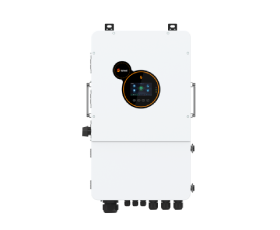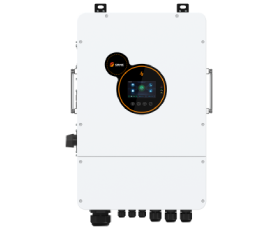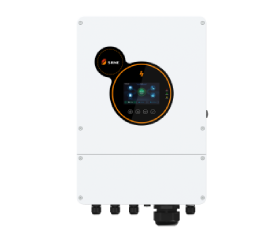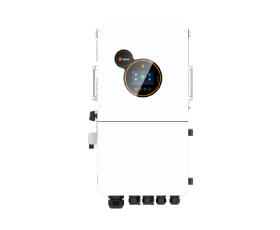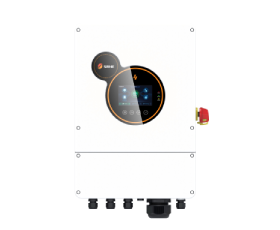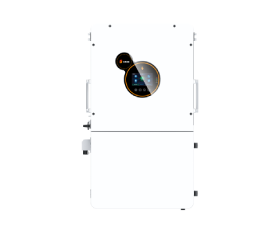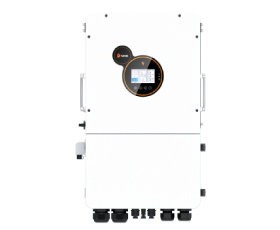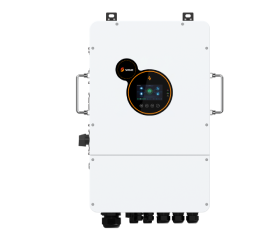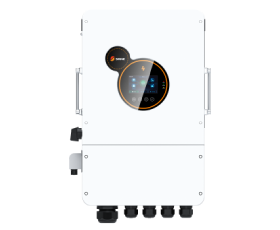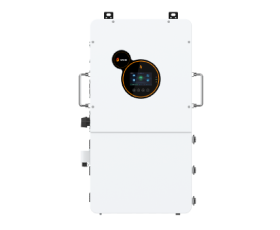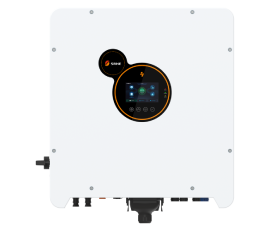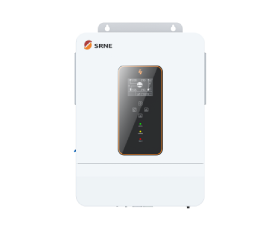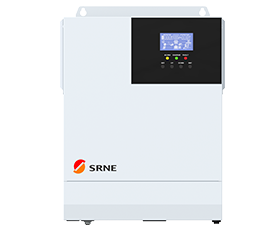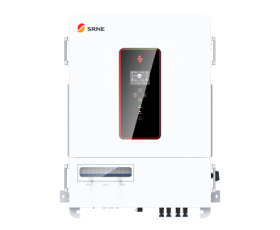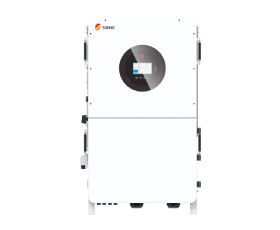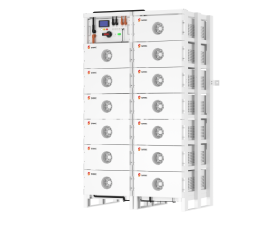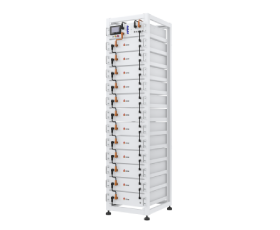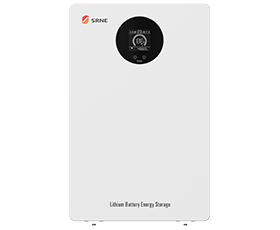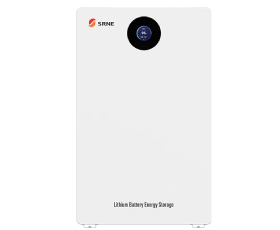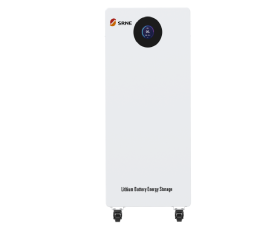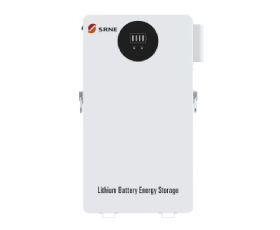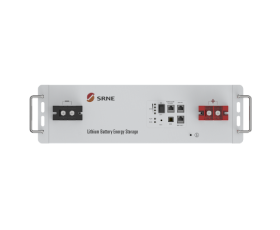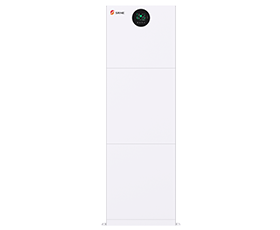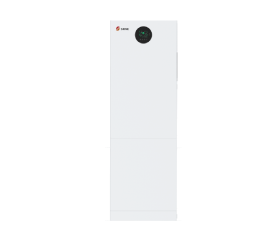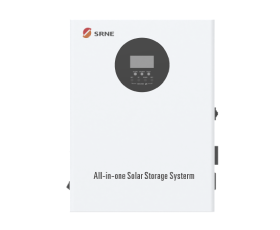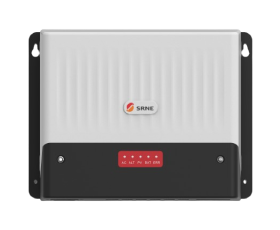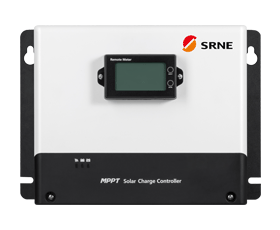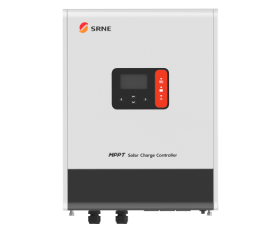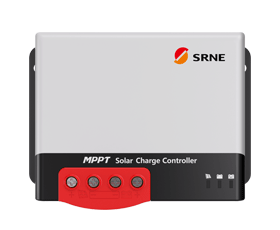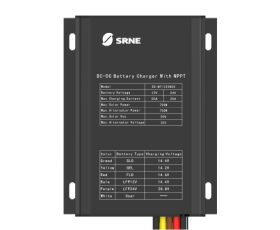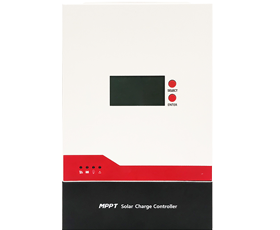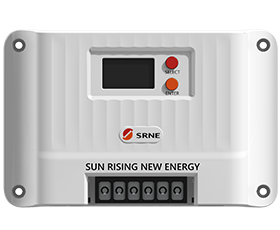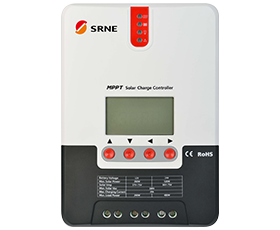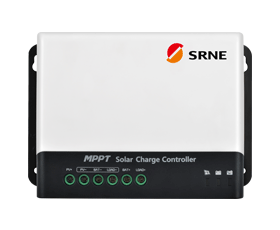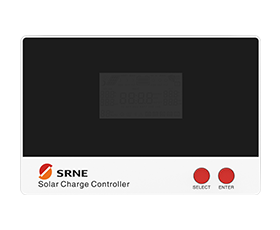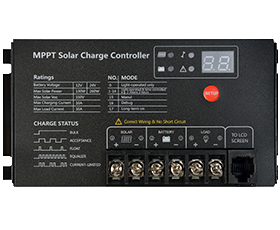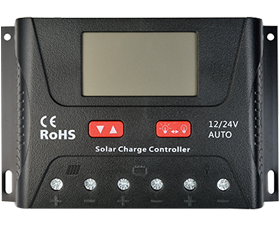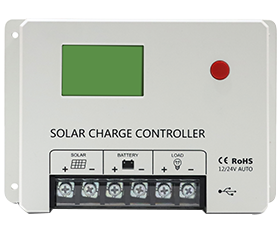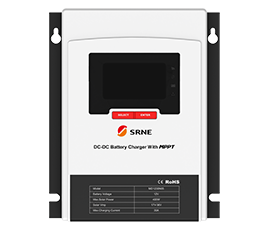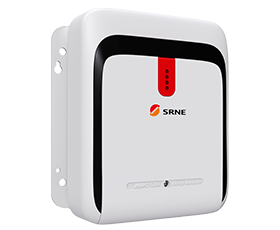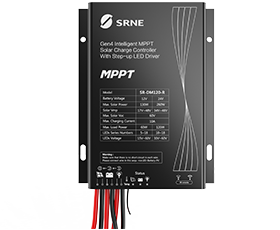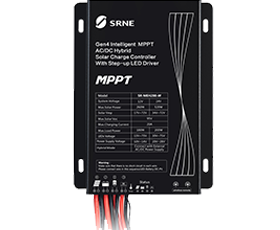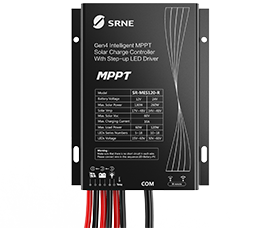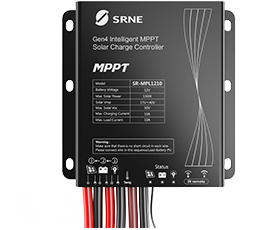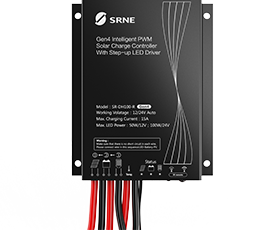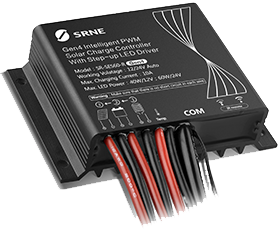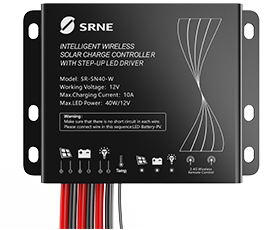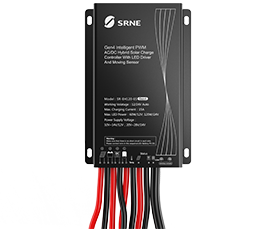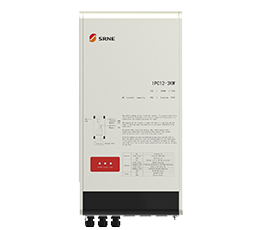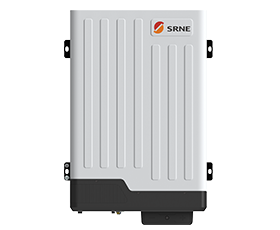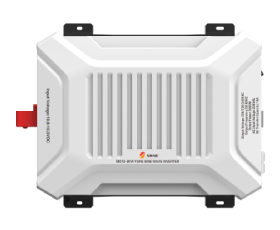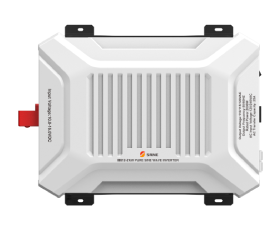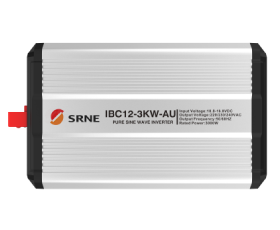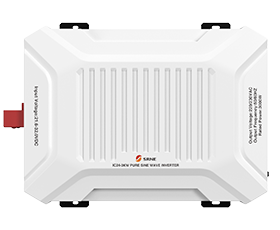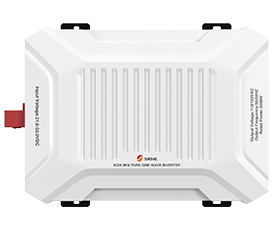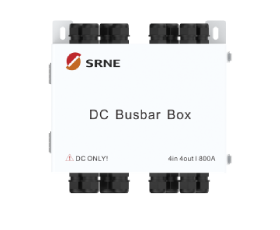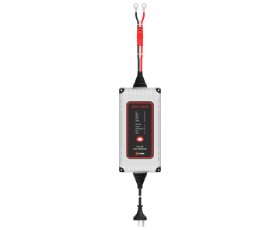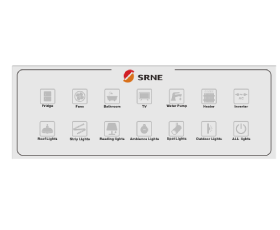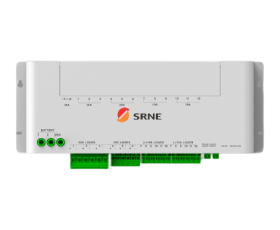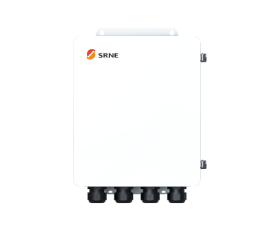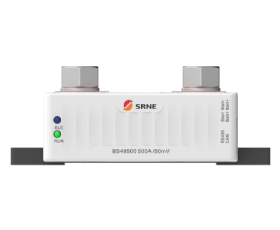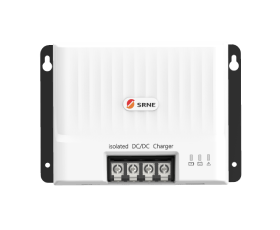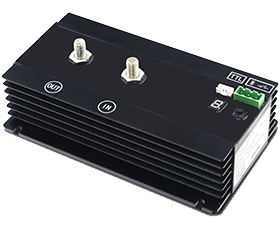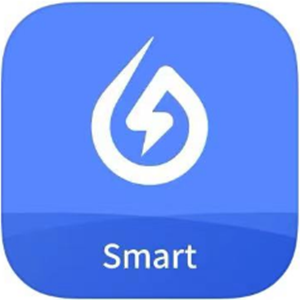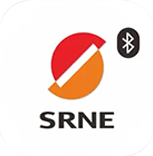Understand the Solar Panel Payback Period
The financial benefits of installing solar are now well documented. Adding solar to your home is an opportunity to save money while making a difference for the planet we live. Combined with the fact that household solar power system offers a stable and attractive return on investment (ROI), installing solar is a win-win strategy for thousands of homeowners in the world.
But how do you assess the value and the ROI of solar for your home? The “payback period” is a common metric used to assess the value of solar because it shows how long your solar panels take to pay for themselves.
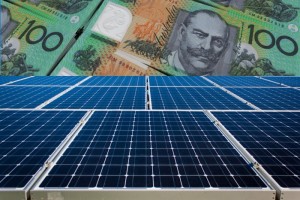
What is solar panel payback period?
“Solar panel payback period” is the amount of time it will take you to completely pay off your solar power system through savings on your electric bill. For instance, if the overall price for your solar power system is 13,000 dollar and you are saving 1300 dollar off your utility bill each year with solar, then your solar panel payback period will be 10 years.
The payback period will show you how long your solar panels will take to pay for themselves, but it doesn’t mean that it is the full lifetime value of your system. Generally speaking, solar panels come with 25-year warranties, but a lot of systems will still produce well beyond the warranty period. After your solar power system is paid off, you will be enjoy free energy from the sun for many years. This will be all in addition to the increase in your home’s value.
The exact payback period depends on a number of different factors, including:
1、Gross cost of your solar power system installation
The cost of your installation includes low equipment pricing combined with available solar incentives. There are numerous federal, state and local incentives that are designed to make going solar even more affordable than it already is.
Some incentives transform solar into an additional revenue stream for your business by selling extra solar power that your system generates. However, the incentives will not be valid all the time. Therefore, it is important to secure the highest level of incentive by acting now.
2、The amount of energy production from your system
The solar power that your solar power system generates to offset what you would normally draw from the grid mainly depends on the size of your solar power system, the amount of direct sunlight your site receives and the quality of the installation.
Therefore, it is important to maximize your available space for your solar power system, ensuring the greatest amount of energy production for your site to yield the biggest returns. This site does not necessarily have to be your rooftop (like what we mentioned before). It could be empty land space or even your parking lot.
3、Your energy consumption
The amount of electricity that you consume monthly is an indicator of both the size of system you need and the amount of electricity that you can offset each month with solar power. The higher your electricity bills are, the shorter your estimated payback period will be, as you can reduce or eliminate this bill as soon as your panels are operational.
4、How do you finance your system
Financing your solar system with upfront capital or a low-interest loan is an option that results in the greatest savings over the lifetime of the system. This approach pays for the upfront capital in the form of higher savings and profits, which transform your solar power system into another revenue stream.
You may wonder how to calculate your solar panel payback period, the following steps may help you:
First, determine combined costs. Subtract the value of up-front incentives and rebates from the gross cost of your solar panel system.
Then, determine annual benefits. Sum up your annual financial benefits, including avoided electricity costs and any additional incentives.
Finally, divide your combined costs by your annual financial benefits. The result will be the number of years it will take for you to achieve payback. Every month of savings after that point in time should be counted as a financial gain.
It is important to understand the definition of solar panel payback period and calculate the payback period of your solar power system when you consider to install solar for your home.



















